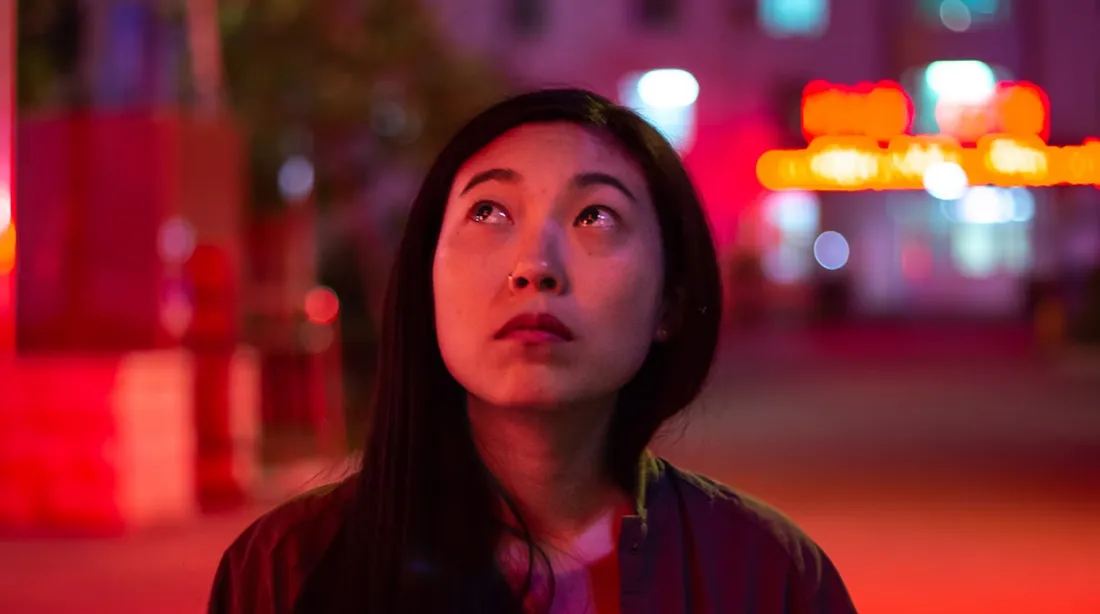The Farewell
dir. Lulu Wang, 2019

My maternal grandmother passed away six months after I had seen Lulu Wang’s The Farewell (别告诉她). After she moved on, a curtain fell between me and memories of her. I kept hold of details, but vaguer aspects of her personhood withdrew into a place to which I no longer had access.
Today I revisit The Farewell, a film that gained significance after my grandma’s dementia diagnosis. Its story mirrors my experience: a grandmother dealing with terminal illness and her loved ones carrying the weight of it. It follows Chinese-American writer Billi (Awkwafina), whose Nai Nai (Zhao Shu-zhen) doesn’t know she is dying. Nai Nai receives a stage four lung cancer diagnosis that her family conceal from her. Medical results are falsified and CT scans find only ‘benign shadows.’ Billi — who has been brought up in America — wishes to tell her grandmother. Her Chinese-born family disagree. As Billi’s mother (Diana Lin) insists: ‘It’s not the cancer that kills […] It’s the fear.’
A conversation is opened about cross-cultural methods of processing sadness and grief. The key concern is the ethical responsibility shouldered by next of kin; what may seem like the withholding of information is shown to be a gentle act of care. Although internal feelings remain unsurfaced, it’s possible that Nai Nai is aware of her fate—but plays along with the ruse. My grandma knew she was dying, but the nature of her illness meant she lost hold of that understanding. Sometimes ignorance is a blessing.
Billi’s means of coping is by exorcising her emotional turmoil. Hence, family members discourage her from visiting her grandmother. They are afraid her tears will uncover the lie. Billi and I are equally sentimental; each moment with grandma feels like nostalgia in the making. Nai Nai turns around from her seat at the dinner table, staring into the camera as if she’s looking at her granddaughter through a memory. We, the audience, stare back instead.
The Farewell hits an emotional register but it’s funny, too. At the dinner table, Billi’s dad tells a worn-out, fatherly joke about how to tactfully break bad news — it’s a light-hearted summary of the film’s thesis. Humour can be a wonderful unifier in hard times. Managing in difficult circumstances requires strength sourced from levity. We can’t afford to take life that seriously.
Post-viewing I reread the letter my grandma wrote to me from the care home where she spent her later years. She expresses a pertinent sentiment:
I went down to the courtyard on the ground floor — where there is a rabbit and some interesting plants. At this time of year most of them are not doing much but, in the spring, they will all come back to life again.
Loved ones may eventually move out of physical reach — but memories resurface and become emotional points of return. Farewell is never really farewell.